
By Caroline Binley (@carolinebinley)
‘14 grad and Harper student Shannon Koch is already thinking about four-year universities she can attend once she finishes her second year of community college. To get a better sense of her options, she visited Harper’s annual college fair, where she ran into Prospect’s College Counselor, Diane Bourn.
Bourn used the opportunity to find out how Koch’s first year at Harper went, and she was happy to learn that attending Harper was the best decision Koch could have made, allowing her to stay close to home and save money.
Community college costs an average of $3,000, a price often further reduced by scholarships. By contrast, public schools average $20,000, and private institutions cost around $40,000. Many students graduating into this world of high college prices are forced to seek out inexpensive and creative college options.
In past years, many families saw in-state schools as the only low-tuition options. Now, they come to Bourn prepared to discuss programs like the Midwest Exchange as well as private schools and community colleges.
Bourn doesn’t believe college costs can stay as high as they are now. However, until the bubble bursts, some students will have to turn down their first choices for financial reasons.
“[Turning down a dream school] can be heartbreaking both for the student and for the parents,” Bourn said. “[There are times when] we look at their financial aid packages, and there’s no way in the world they can afford [the school they want]. A lot of times, it’s students who have worked really, really hard here, and it’s like their dreams are shattered.”
Though these moments can be crushing, students often succeed once they pick up the pieces.
“When students have to go down to that plan B or that plan C, probably 95 percent of the time, students are happy,” Bourn said. “Once you get there, you say, ‘OK, I love it here.’”
Community college is one plan B that fits the bill, as students like Koch do, in fact, love it. Because she chose Harper over Elmhurst College, she pays just $8,000 per year, a fifth of Elmhurst’s $40,000 tuition. She’s also able to save for when she transfers to a four-year school by working in Harper’s training room and at Target.
“It’s that trade off,” Bourn said. “Am I willing to have the experience I want now and then pay for it later, or [should I] sacrifice a little bit now, and then my 20s will be like, ‘Yeah. Now I can enjoy myself?’”
At Harper, Koch plays basketball, is close to home, attends small classes and meets new people. Additionally, her high GPA has earned her a place in Phi Theta Kappa, Harper’s honors program.
“I wanted to go away to live that college experience of living on my own and doing my own things,” Koch said. “But even when attending a community college, you still do what you want. You still can hang out with your friends you meet there and … just live college life.”
Senior Vincent Gebala is confident that he’ll be just as happy when he starts Harper next fall. When Gebala was considering majoring in forensic science, he attended a Harper forensics class to get exposure to the field. It caused him to realize that forensic science wasn’t his forte, and the experience helped lead Gebala to chose Harper over a four-year school because of its flexibility.
“Harper has such an array of options,” Gebala said. “I’m probably going to try to indulge myself in each of the areas before I really make my choice of where I want to transfer to and what I want to do.”
Additionally, while Gebala’s tuition at Western Illinois University would have only been $4,000 because of scholarships, that didn’t compare to the full ride Harper offered; students who score above a composite 27 on the ACT or maintain a GPA higher than 4.5 out of 5.0 are given 60 credit hours worth of tuition.
Though Koch and Gebala are both happy to attend Harper, there’s often a stigma attached to community college. Many see it as a waste of time or a lackluster education.
“It’s really not a valid stigma,” Bourn said. “I think you just get it in your mind like, ‘That’s going to be my last resort,’ but for a lot of students, it would be a great first choice.”
Bourn points out that Harper offers opportunities to study abroad, get general educational requirements out of the way and enter an honors program, like Koch did.
“There are really a lot of good reasons to start there, particularly if finances are an issue,” Bourn said.
Gebala experienced this stigma first-hand on Decision Day, May 1, when students expressed their disapproval after seeing him dressed in Harper gear. Though rude comments made him momentarily second-guess himself, he, like Koch, ended the day confident in his decision.
“Honestly, that stigma is so inaccurate it’s not even funny,” Gebala said. “[Attending Harper is] probably one of the best decisions I’m going to make in my life.”

Categories:
College costs prompt Harper enrollment
May 30, 2015
Donate to ProspectorNow
In order to get better at what we do; making the best multimedia student journalism in the state, we need funds to purchase equipment like cameras, and software like the website you're reading this on right now. If you've ever found anything of worth on this website, please consider donating to offset the cost.

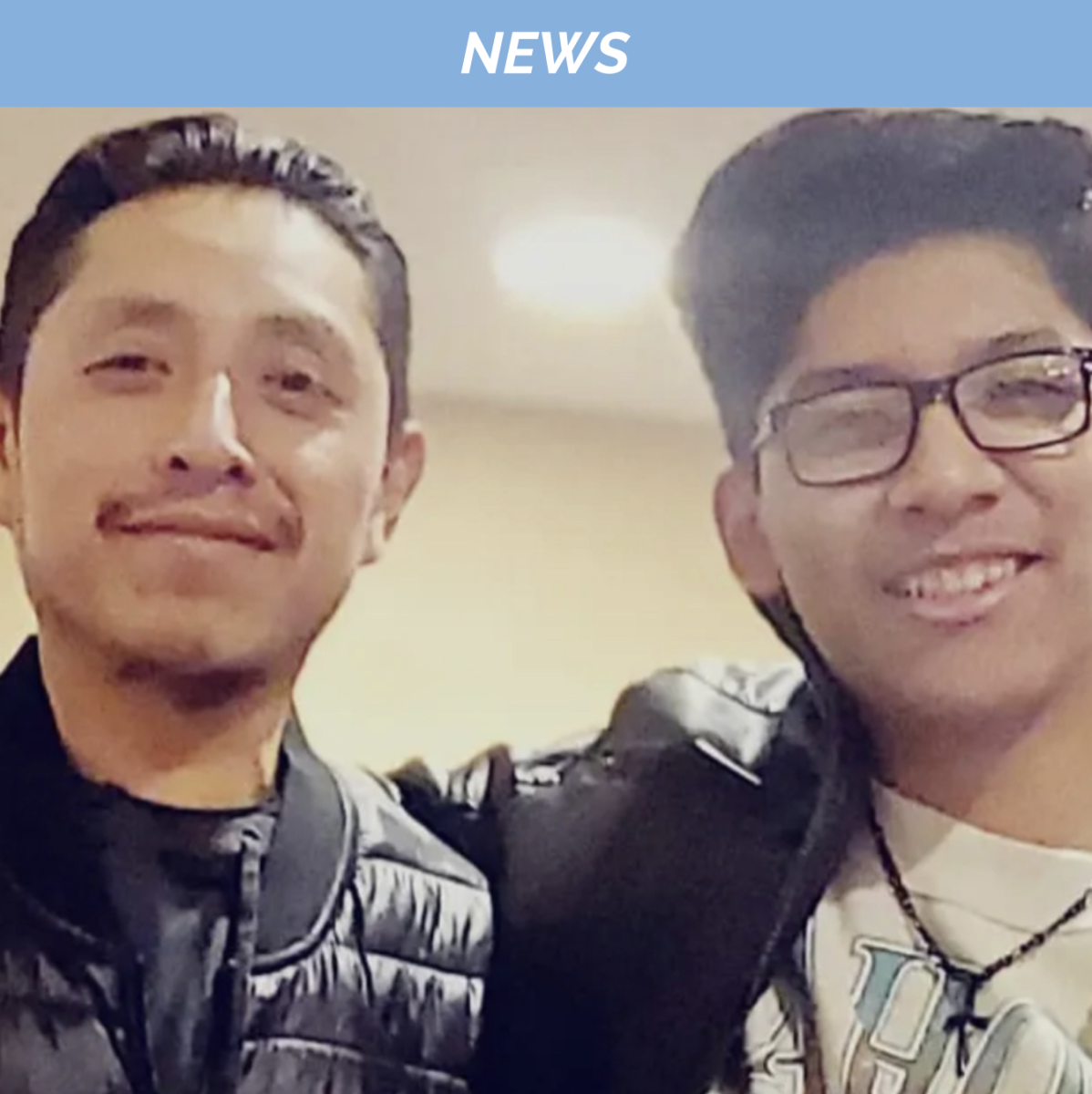
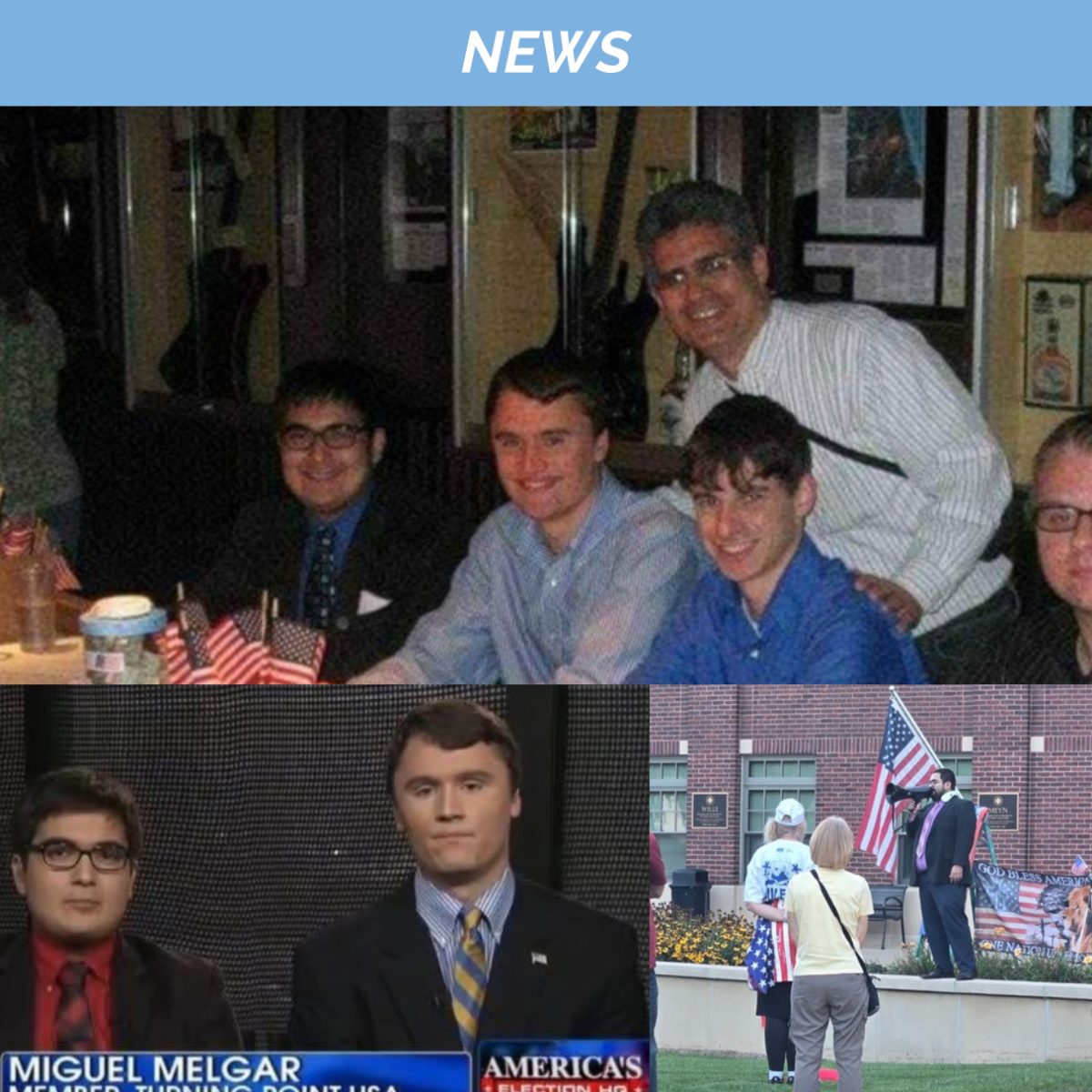
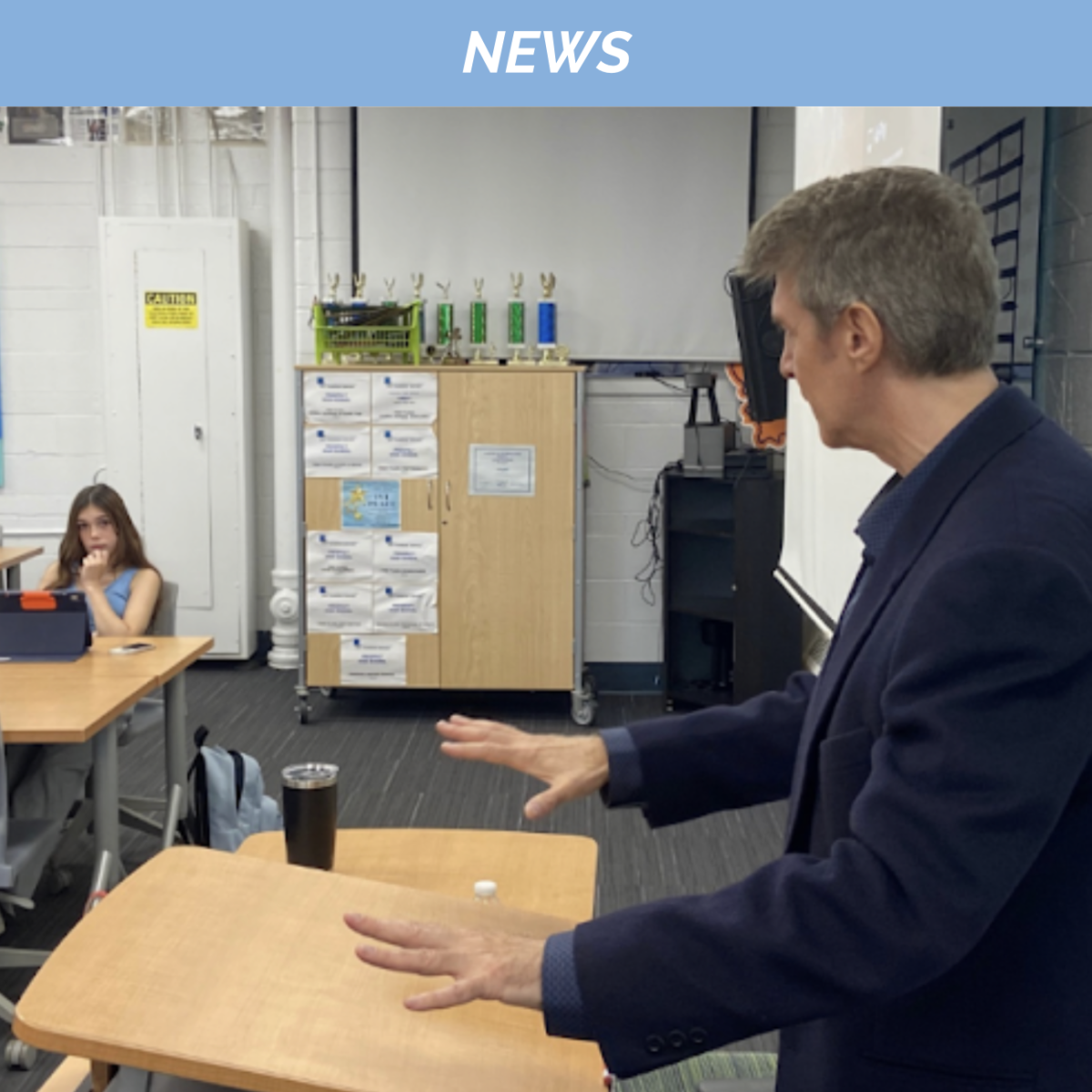
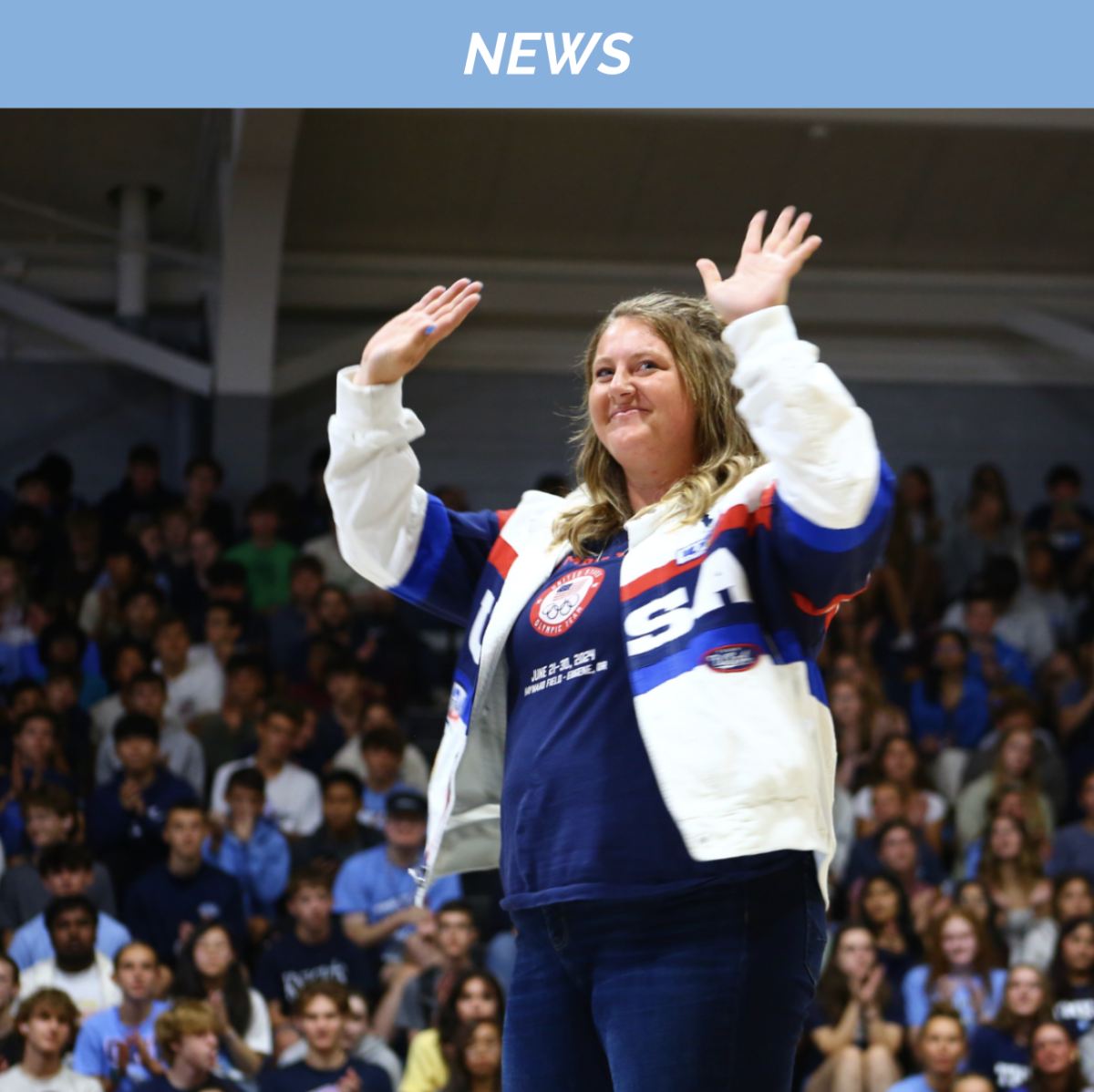
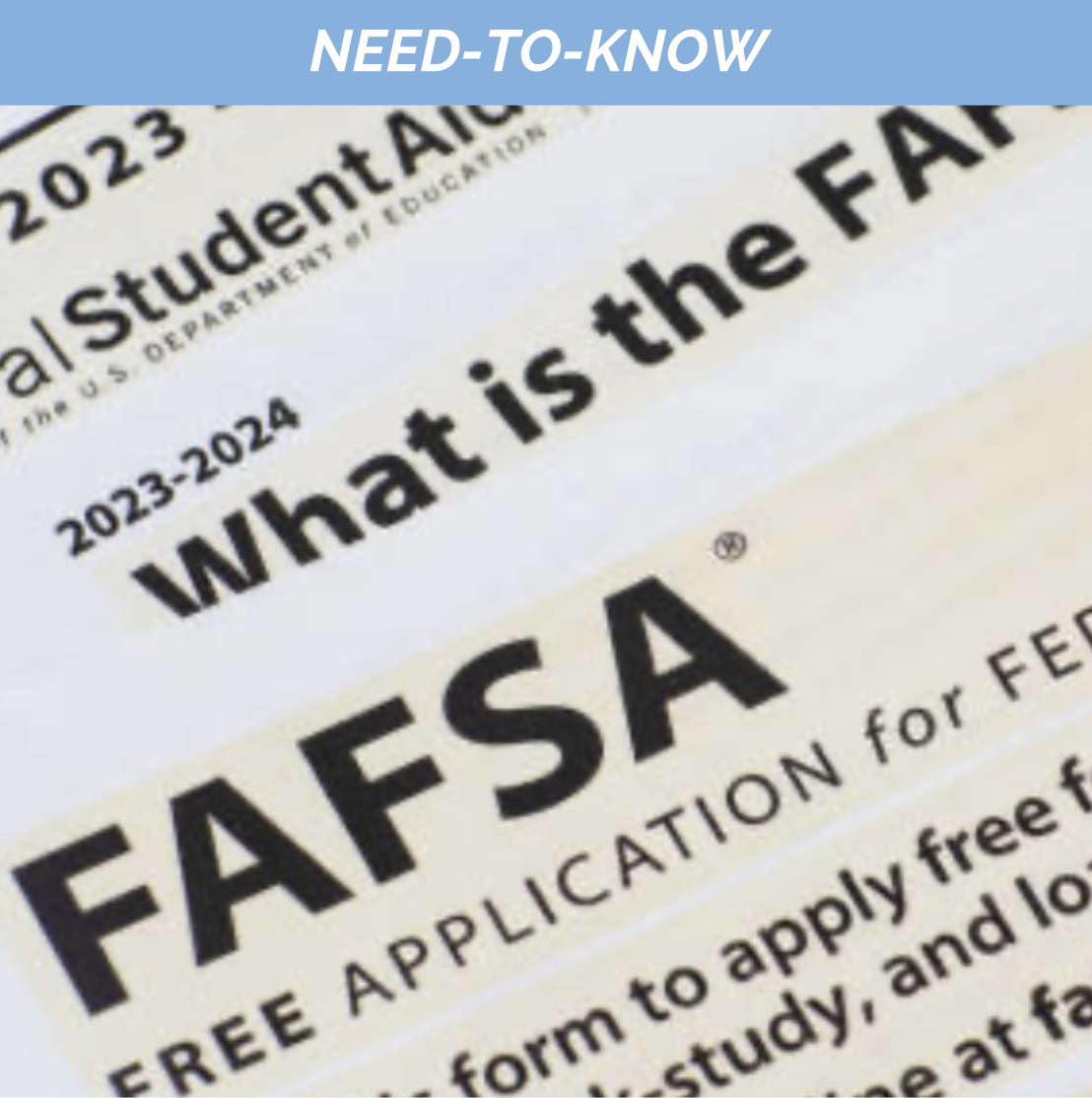
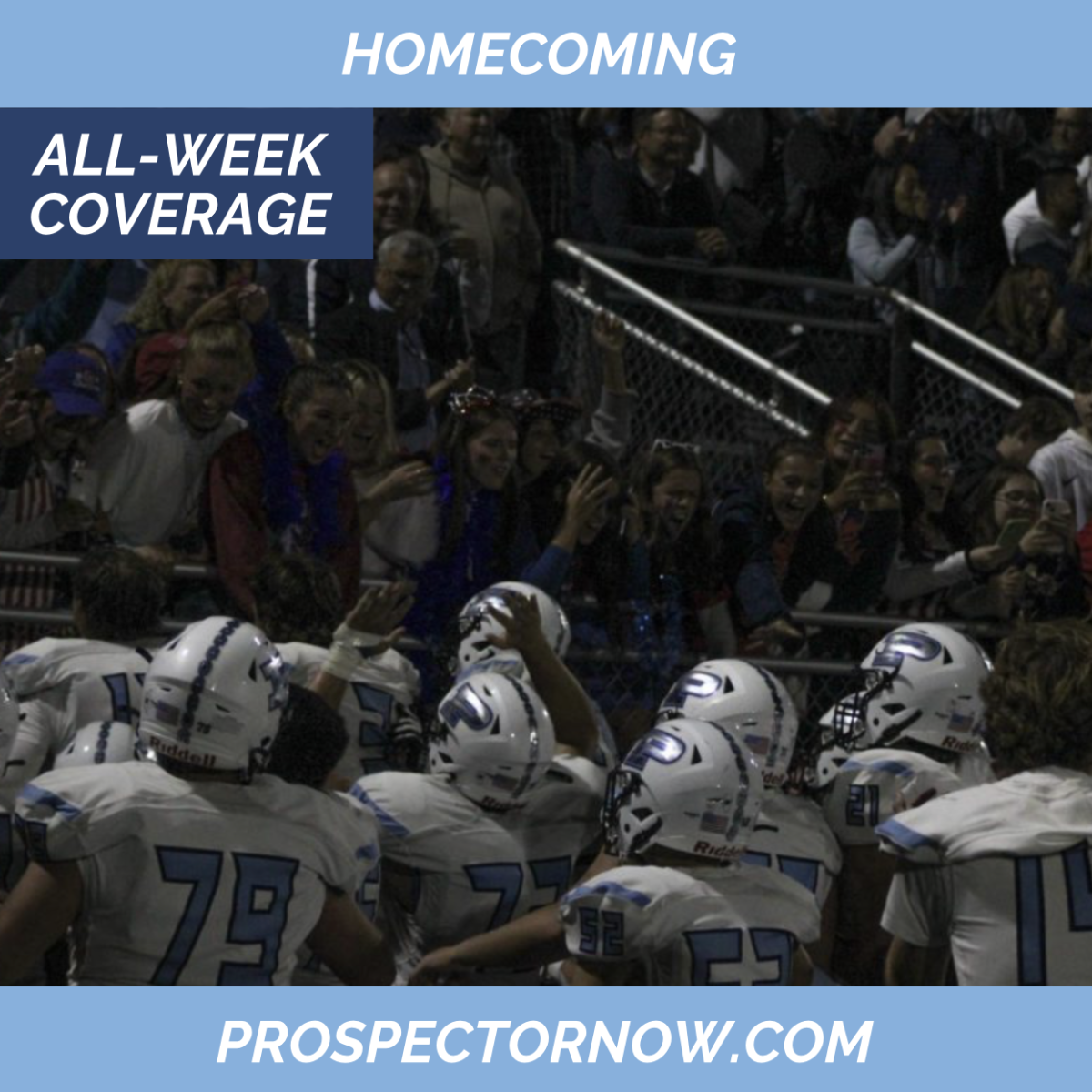
Fredro • Sep 23, 2019 at 5:03 am
Nice post!